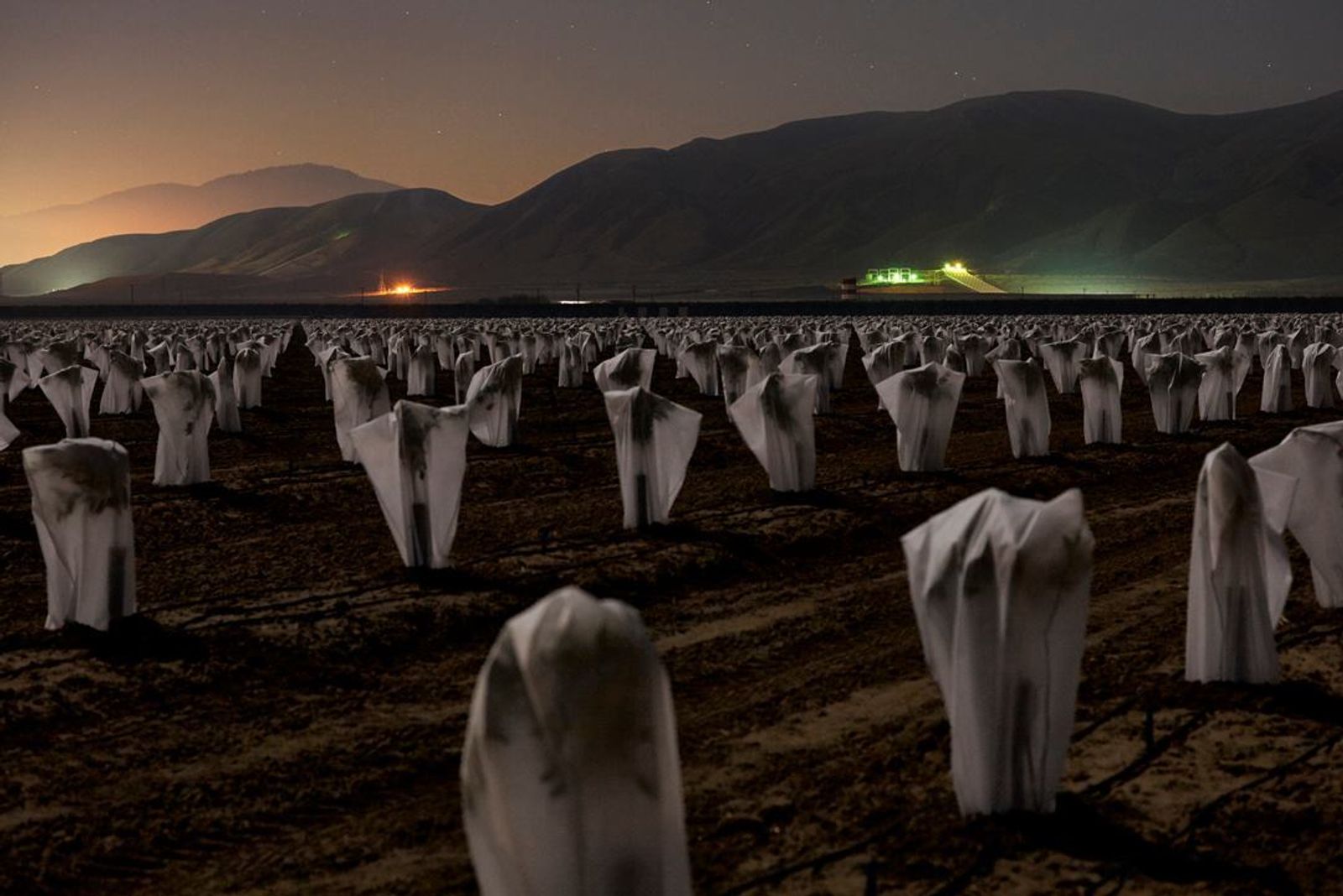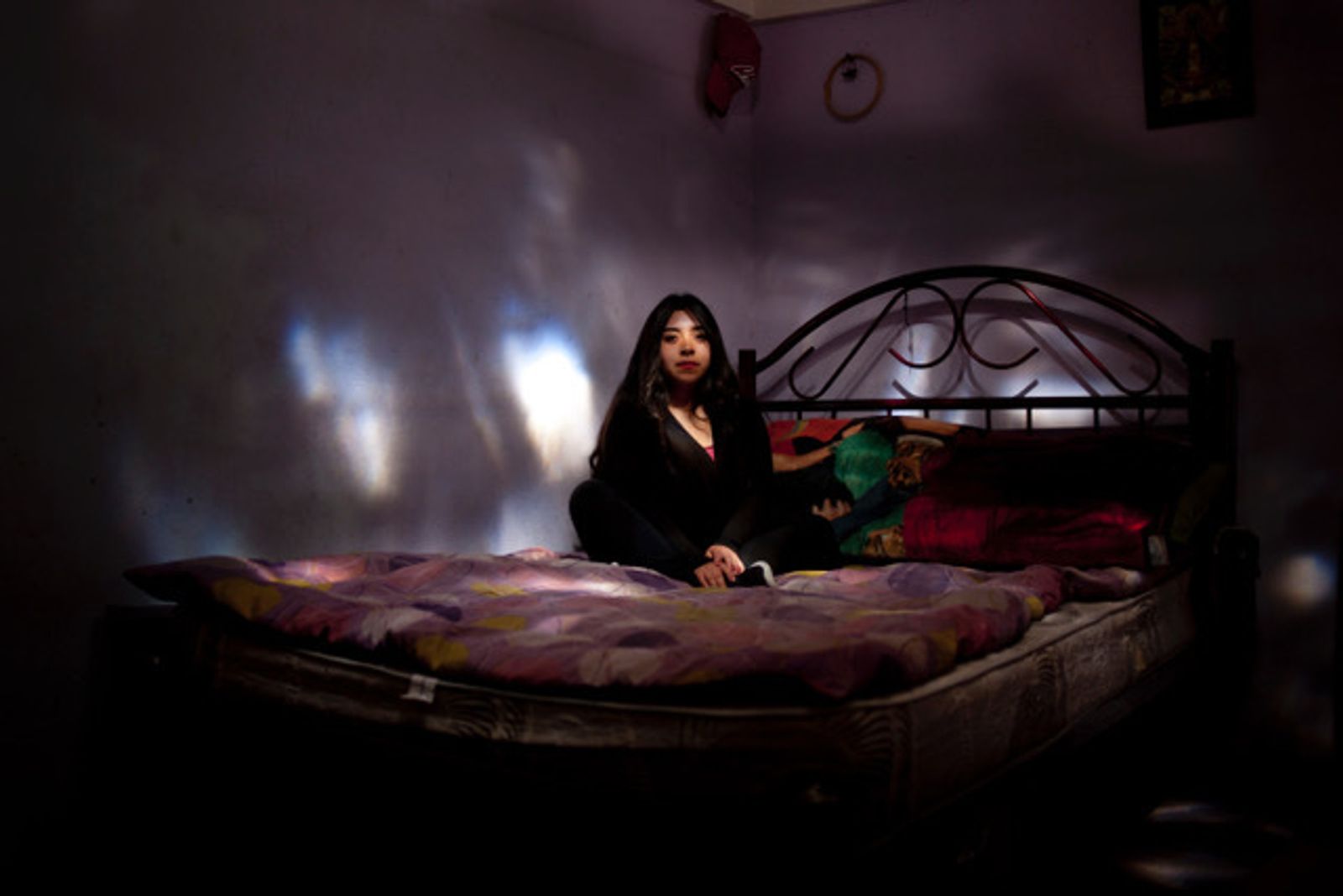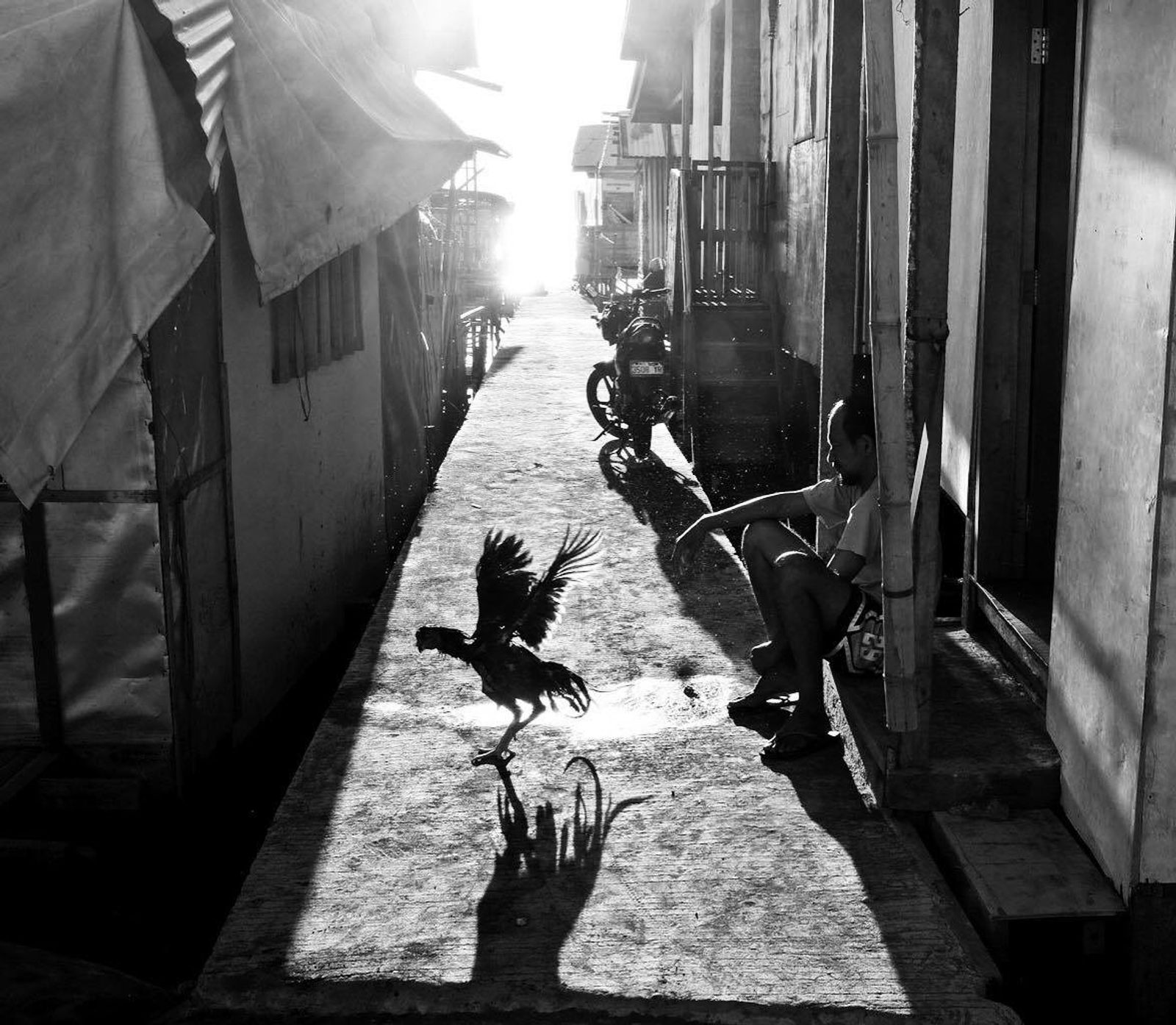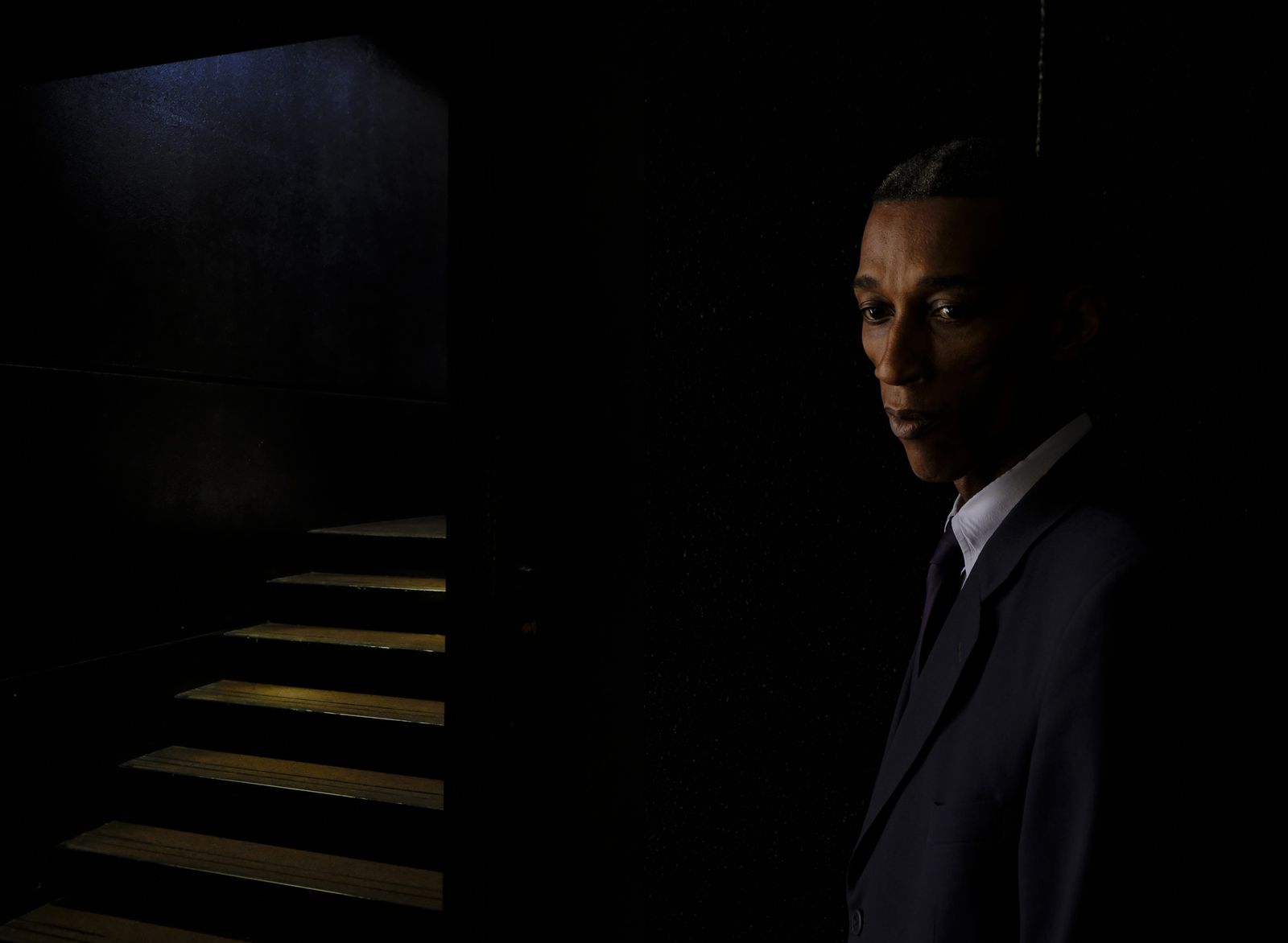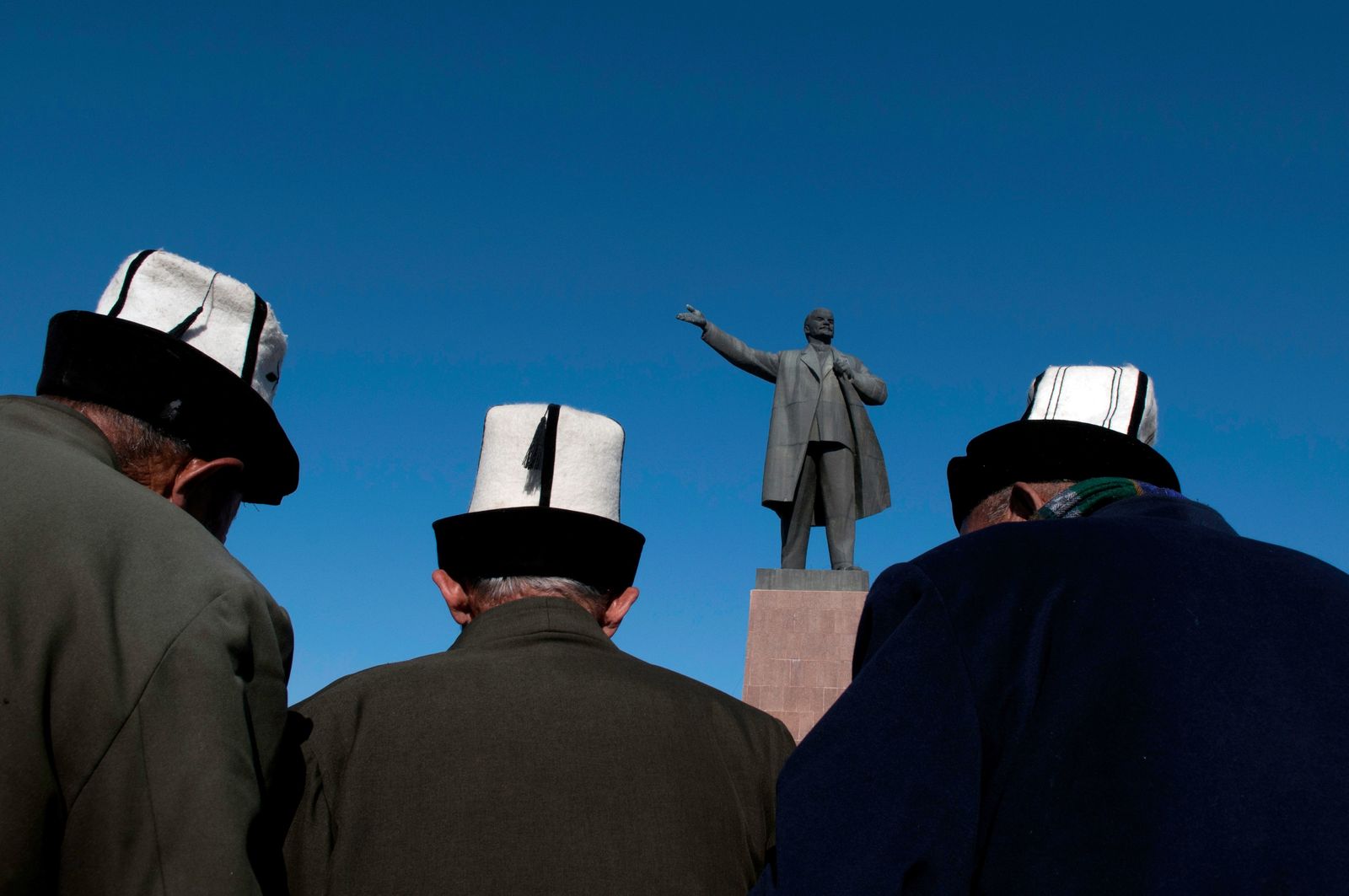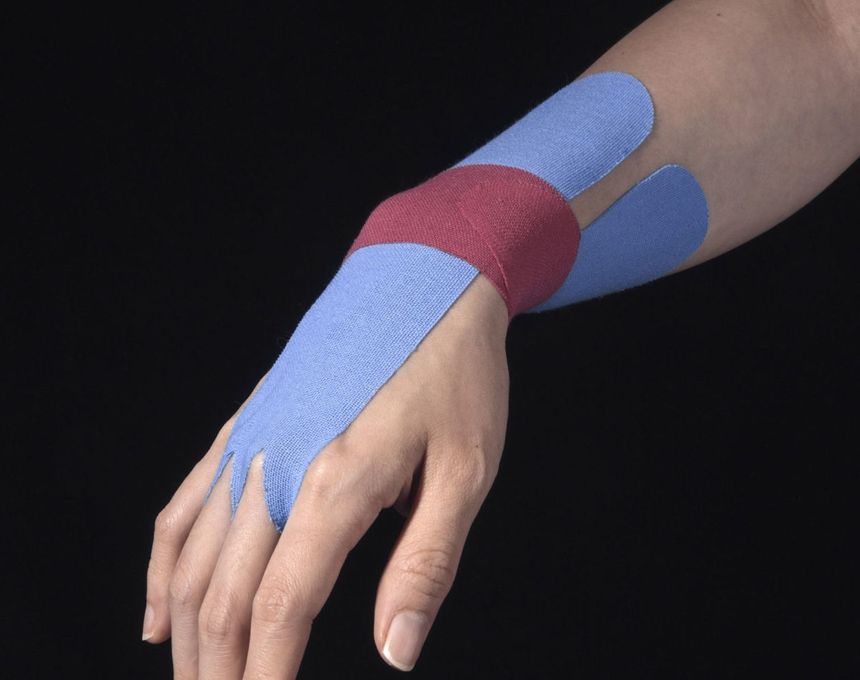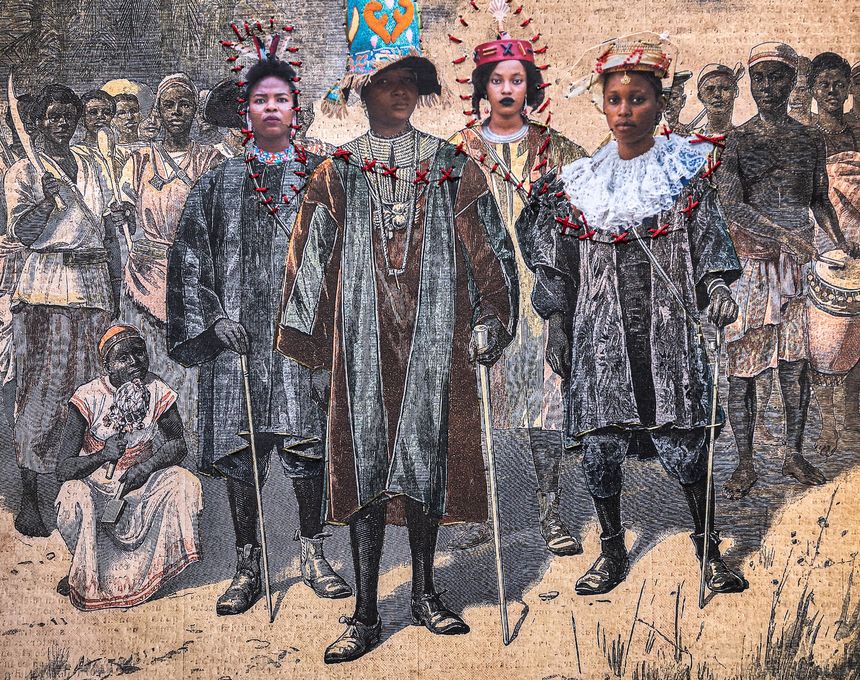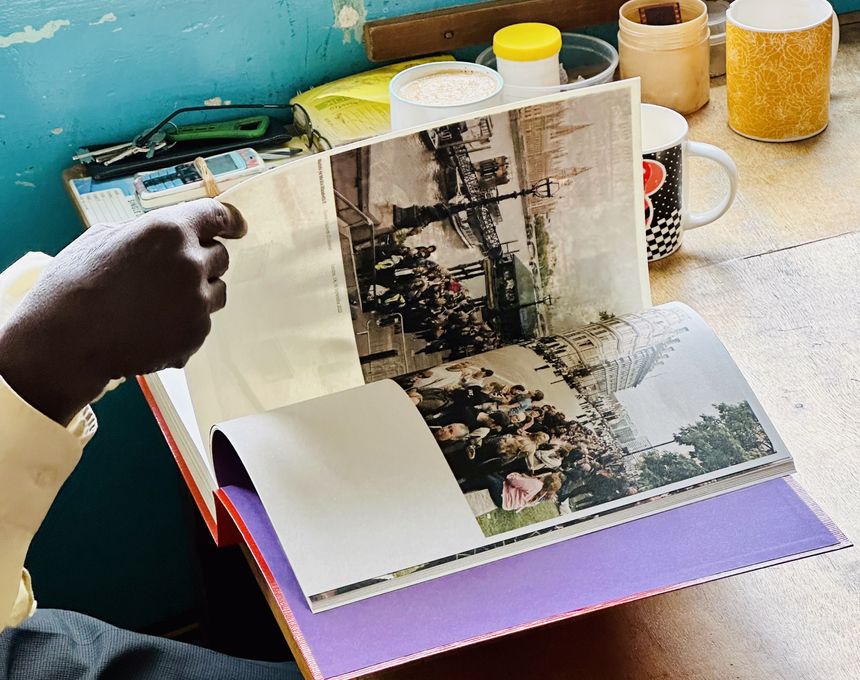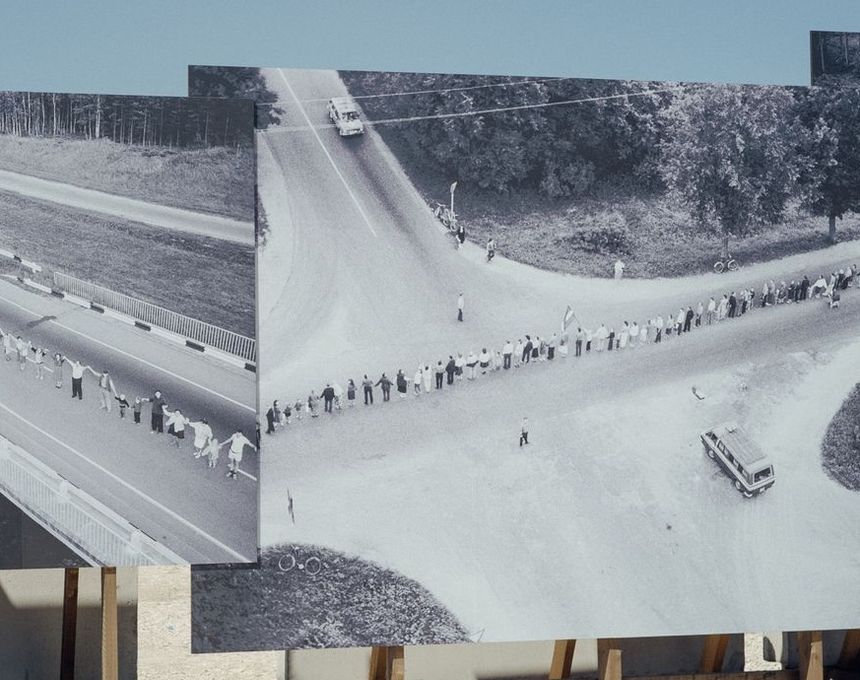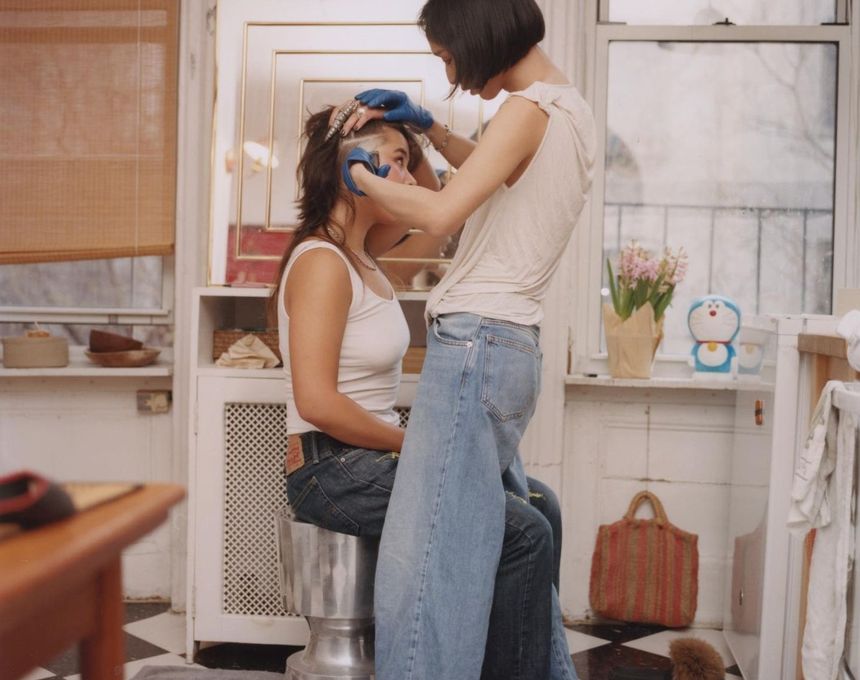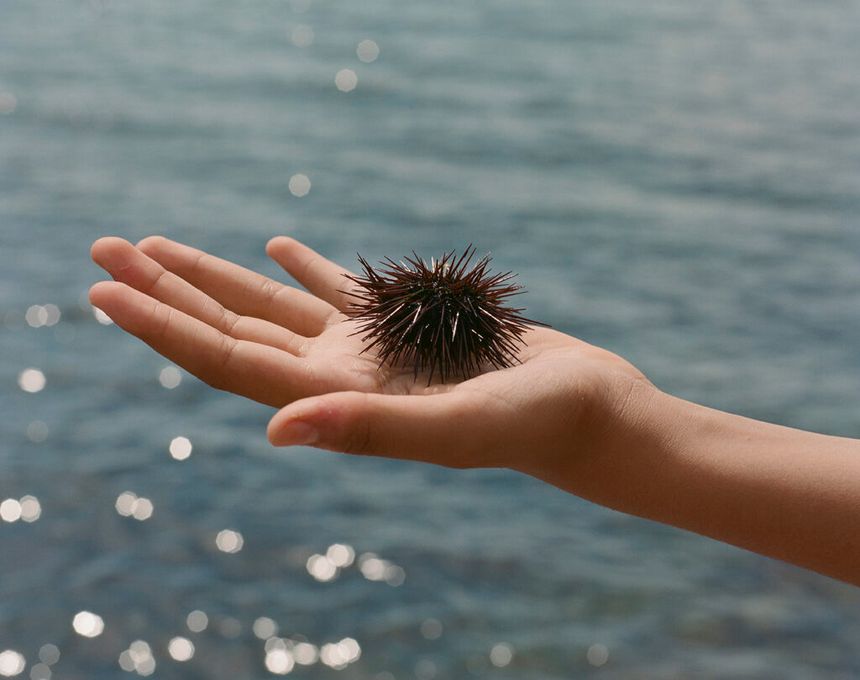Talking about Education: the Graduated Photographer
-
Published4 Sep 2018
-
Author
What can a formal degree in photography from an art school or university mean for the careers of photographers? Why would one study photography the formal way? We went to speak with a number of photographers from across the globe to find out.
What can a formal degree in photography from an art school or university mean for the careers of photographers? Why would one study photography the formal way? We went to speak with a number of photographers from across the globe to find out.
As we saw in the previous article, even without a formal photography degree, one can have a successful career in the industry. For some photographers, experience and being your own teacher make up for the lack of a degree. Why do some photographers decide to go to art school or university and invest a substantial amount of money? What added value can it have?
For many photographers we spoke to, the benefit of study comes from the opportunity to immerse yourself in a focused environment and be surrounded by people who are in the same boat and share the same passion. For several years you explore, experiment and learn about photography with and from others who are on a similar journey as yourself. Uwe H. Martin felt that it was "important to learn together with people of the same level. To discover something together." That social experience and networking opportunity is something most photographers we spoke to expected and eventually got out of their degree. Dean C.K. Cox expected to push his photography to new areas, and "get more involved in the photojournalism and documentary community by connecting to other working professionals, peers and educators."
Next to the social experience, having a degree as proof of your competence in the industry as well as increased job prospects may also be reasons for someone to start studying photography the formal way. However, none of the photographers we spoke to mentioned this as one of the reasons to choose this path. Maybe the fact that most of them already had some years of professional experience and wanted to deepen their skill set and understanding of the craft and art of photography. In particular, since most photographers work in the field of documentary photography and photojournalism, they wanted to know how to better work on more long-term documentary photography: "[I was looking to] expand my vision and understanding of the craft" VeeJay Villafranca says. For Santiago Escobar-Jaramillo, studying photography allowed him to discover a new world: "I wanted to complement my studies in architecture in order to photograph, initially, the city and their urban dwellers" he reveals.
Assuming that one would start a degree in photography expecting to obtain certain skills, knowledge and attitudes, we were curious to find out which ones were considered to be necessary in order to work successfully as a photographer today. It is clear that the necessary skills and knowledge go beyond the technical skills of taking photos. The so-called soft skills, as we also wrote in our previous article, are fundamentally important to master. According to VeeJay, the skill set involved in the bigger chunk of the job involves networking, pitching, research, and post-production. "It seems that freelancing is 75% non-photographic work and 25% production" he says. "It’s multi-faceted, something that I wish I learned in my course years back".
Jan-Joseph Stok adds that photography is a lot about your personality, knowledge and field experience. He believes that technical skills are not enough and that you need "a lot of input related to the subjects and topics you are going to cover". Uwe also says that, especially in documentary photography, you need to be a good researcher and become an expert on your topics. It shouldn't come as a surprise that photography is more than just a click to make an image. “Photography is more than that: it is about planning, researching, producing, editing, publishing in a back and forward process”, says Santiago. Nadia Baram, from Mexico, believes that a photographer needs to balance between "technical ability, critical thinking towards image production, art history and business management."
Now the major question is, to what extent did the formal path provide the photographers with these skills? The majority of the photographers didn’t feel completely prepared after obtaining their degree. Maybe it’s also an illusion to think that once you have a degree you are perfectly prepared on all levels, and in all skills, to be successful in your profession. Particularly in a field like photography, which is constantly changing. Nadia tells us: "the best training I received was to be able to discuss my own work and that of others. However, I do think I lack technical training in most areas." Dean, who already had some years of professional experience says that the degree didn't necessarily prepare him for the professional world, but it made him aware of how to tell better stories visually. It also helped him to become a better educator, "understanding how best to design and run university-level, long-term or short-term, workshop courses." Indeed, the benefit of a degree can be that it provides the assets needed to teach yourself. In the cases of both Santiago and Uwe, studying photography also gave them the tools, vocabulary and practice to teach photography.
More specifically, learning the necessary business skills is something that very few photographers felt they mastered in their studies. Getting a much firmer grip and understanding of the business side of working as a freelancer is lacking in most formal degrees that these photographers completed. And the crux here is that for most photographers working professionally nowadays, it is crucial to know and have these skills. If schools and universities aim to prepare their students to have a successful career, there should be a connection between the class and the real world. Preparing the photographer of today to be a successful businessman or woman is essential and definitely something that schools and universities should pay attention to.
A formal degree can definitely prepare you, to some extent, for working professionally and being successful in doing so. However, when we ask which moments of learning have marked the careers of the photographer, it is always the practice - working in the field - that stands out. For Joanne, assisting and working on the job was invaluable. VeeJay, who worked for some time in the newsroom, says that going through the rigour of a daily news cycle has been a very important part of learning in his career. Uwe says that his degree provided him with a solid foundation, but that what he has learned since was even more important. "Obviously you learn most of the business by being out there doing it", he tells us.
Getting a degree is a serious commitment. Like any learning opportunity and situation, you get out what you put into it. Jan-Joseph advises his fellow photographers to always work hard, never give up and "tell the stories you feel passionate about." In addition, having a degree in your pocket doesn't mean you are done with learning. Exposing yourself continuously to learning opportunities and events like workshops and masterclasses is what most photographers we spoke to do. In any case, for any photographer, whether formally educated or not, it is important to constantly keep learning and pushing. As Uwe says: "Figuring out who you are, what drives you and what you can contribute in this fast changing world is the key to leaving a meaningful impression."
The age old debate of education versus experience resurfaces each time one seeks out to make a career move. Both options can be equally valuable, depending on your personal learning goals and the quality of the learning experiences, whether it’s a formal one or a non-formal one. As photographers, whether you go to school or not, you need to constantly be pushing yourselves in both your craft and artistic vision. And in fact, any educational opportunity, whether formal or non-formal, should stimulate this.
--------------
Thanks to the following photographers who reached out and helped us to write this article.
Dean C.K Cox is a Sweden and Hong Kong-based independent photojournalist, documentary photographer, multimedia journalist, journalism educator, editor and producer. He graduated from the London College of Communication in 2010. He has travelled to, and worked in, more than 50 countries in the past 20 years, primarily working and focusing on central and eastern Europe, including the former Soviet Republics and former communist countries; western and northern Europe; central Asia and the Caucasus; and Southeast Asia, shooting breaking news, hard news and features in international affairs, political commentary, social issues, environment, health, conflict and post-conflict zones, natural disasters and travel.
Jan-Joseph Stok is a Dutch photojournalist who grew up in France. After obtaining a Masters in Photojournalism and Documentary photography at the London College of Communication in 2006, he specialised in background stories about conflict and post-conflict zones. For more than 15 years, he has been working on the African continent in more than 26 countries such as DR Congo, Somalia, Darfur (Sudan) and Mali. He has provided training to photographers in a number of African countries and has received several awards.
Joanne Coates is a British documentary photographer based in the North of England. She graduated from London College of Communication in 2015. Coates has contributed to the BBC, Vice, The Telegraph, and the Guardian. She left the capital to focus on her work's key themes: Northern culture in rural places and working class life. Her approach to photography is democratic and poetic. She is interested in working life and class inequality. Joanne’s work has been exhibited both in the UK and internationally. She is the founder of Lens Think.
Nadia Baram is a Mexican photographer who graduated with honors with a B.F.A in Photography & Imaging from New York University’s Tisch School of the Arts in 2003. She has worked as a freelance photographer, editor, curator, teacher and project manager for various institutions and print and online publications. Her work was been included in various collective exhibitions in China, Mexico, Bangladesh, Brazil and the United States. She also worked as Chief Editor at zonezero.com from 2008-2013, Sub-Director of Contents at the Centro de Cultura Digital from 2013-2017, and is currently CEO of Fuego Lab, a web design and development company that focuses on social and cultural projects, which she co-founded in 2015.
Santiago Escobar-Jaramillo is a Colombian photographer who graduated with a Masters in Photography & Urban Cultures at Goldsmiths College, University of London in 2008. His projects have been exhibited in over 80 individual and collective exhibitions. He has participated in several photography festivals around the world. He self-published several books and is a member of Collective +1, CROMA, Fujifilm’s X-Photographer.
Uwe H. Martin is an independent visual storyteller, slow journalist, and educator from Germany. He is also a multimedia producer at the Bombay Flying Club. He graduated from the University of Applied Sciences and Arts Hanover in 2006. His long-term projects, which combine photography with documentary film, text and sound, focus on the great environmental issues of the Anthropocene. Together with his partner, Frauke Huber, Uwe has been investigating the social and environmental consequences of global agriculture since 2007. In 2010, Uwe co-founded the international art and research project, World of Matter that investigates primary materials and the complex ecologies of which they are a part. Recognising the urgent need for new ways to finance quality freelance journalism, Uwe co founded RiffReporter, a new collaborative ecosystem for independent science journalism.
VeeJay Villafranca is a photographer from the Philippines. He graduated from the Asian Center for Journalism in 2008. Veejay started out as a staff photographer for the national news magazine the Philippines Graphic before venturing into freelancing. He does editorial assignments away from working on his long-term projects tackling issues on the changing Filipino culture and religious practices, displacement due to the drastic change in climate/weather patterns and his current exploration of Filipino diaspora through different landscapes across the Philippines.
